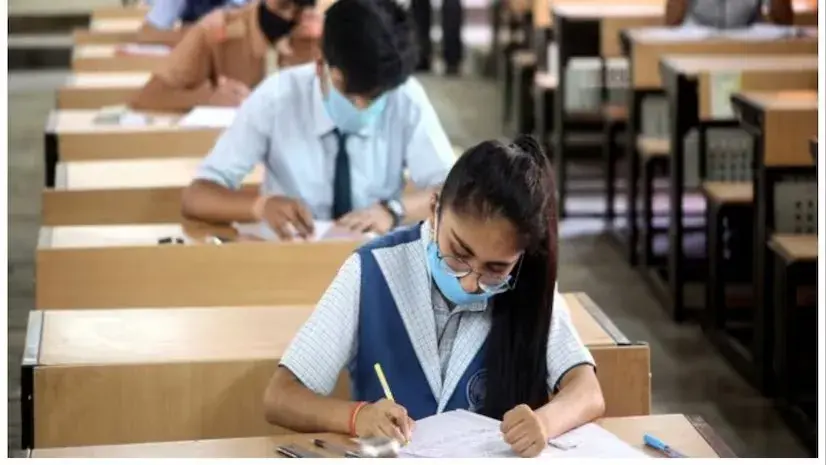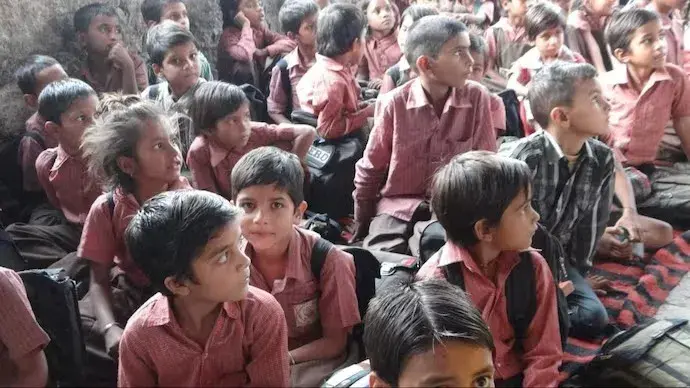Ongoing 2024 Media Industry Job Cuts: BBC, ABC News, and Others Impacted
The media industry continues to face a wave of layoffs in 2024, with significant cutbacks affecting journalists and editorial staff across the UK, US, and beyond. Following a challenging 2023, where 8,000 journalism jobs were lost in major markets, 2024 has already seen around 2,500 jobs eliminated by September, as reported by Press Gazette. The recent rounds of layoffs in October and November have impacted legacy and digital-native publications alike. The BBC announced the largest reduction with 185 job cuts, including the cancellation of programs like Hardtalk and Click, plus restructuring BBC radio’s overnight content. Other recent job losses include nine journalists at National World in the UK, reductions at City AM in London, and layoffs at Fandom, GovExec, and Oahu Publications in the US. City AM has shifted its print focus away from Mondays, while digital publisher Fandom has endured its fourth layoff round since 2022. GovExec let go of 16 staff members, affecting titles like Government Executive and Route Fifty, and Oahu Publications in Hawaii is cutting 13 roles, including key editorial staff. The National Union of Journalists (NUJ) voiced concerns over job cuts at National World, stating that reductions in Manchester and Sunderland would further strain already understaffed newsrooms, affecting local journalism quality. This sentiment echoed through the industry, with media professionals and organizations calling for greater stability amidst shifting audience preferences and economic pressures on traditional and digital publishers alike. Press Gazette continues to track these developments, noting that alongside layoffs, some publishers have introduced selective hiring to focus on digital growth, as seen with City AM’s new digital initiatives. As the industry grapples with financial constraints, further job cuts remain possible, making 2024 a turbulent year for media employment and journalism integrity. Source: pressgazette.co.uk Photo Credit: pressgazette.co.uk
Ongoing 2024 Media Industry Job Cuts: BBC, ABC News, and Others Impacted Read More »










